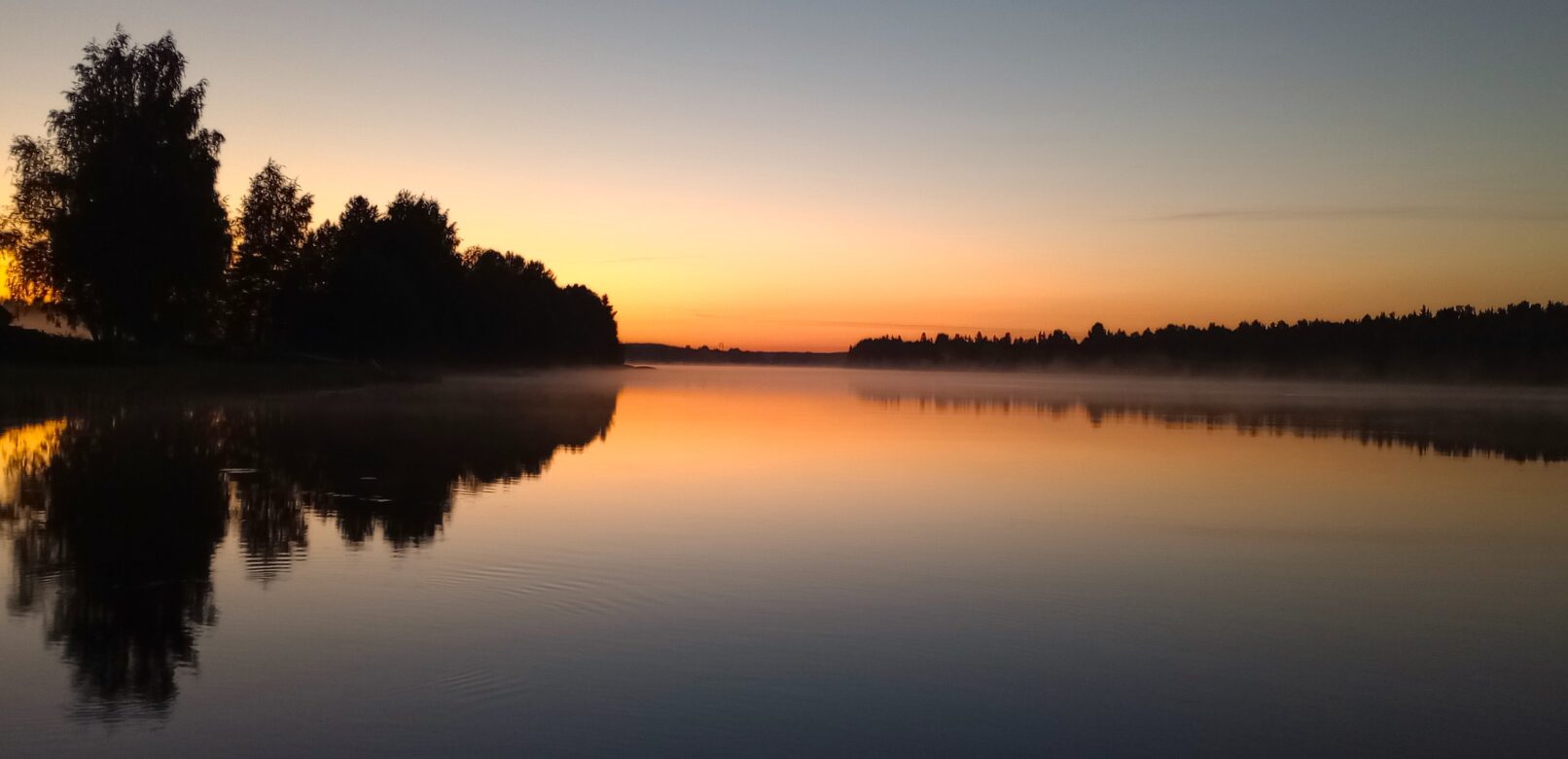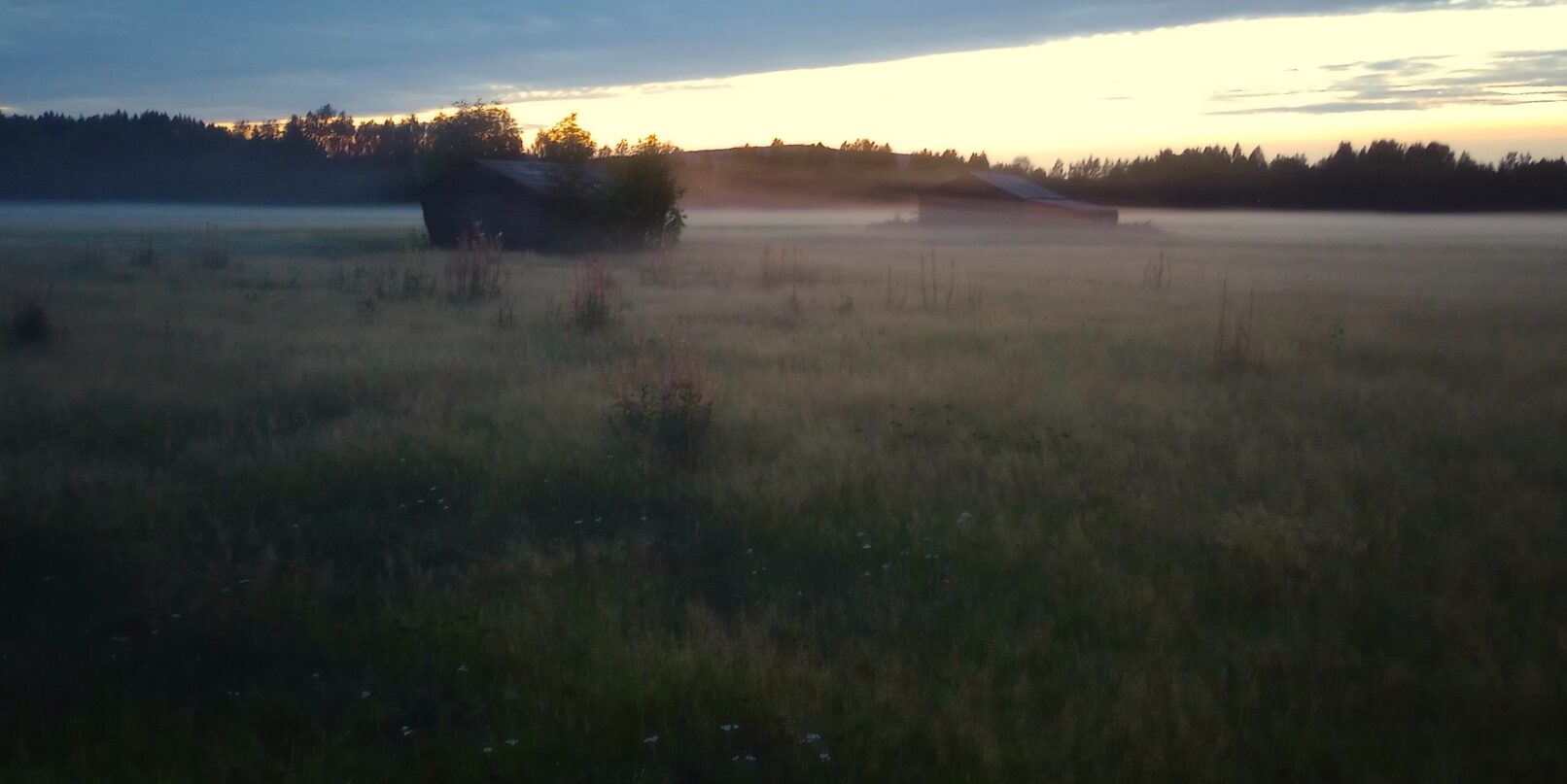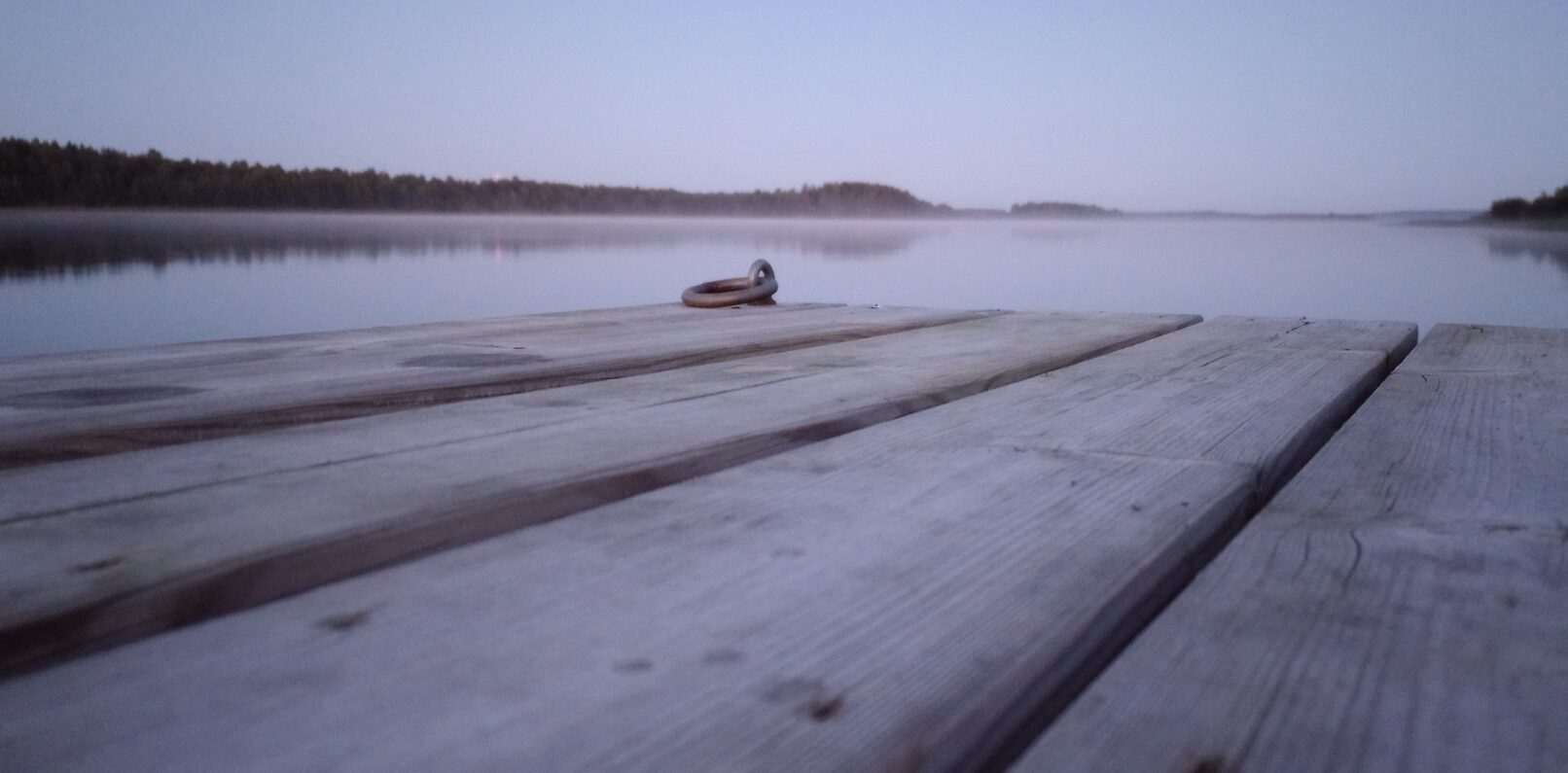Welcome to Unbyn/Avan
[cbxwpbookmarkbtn]
Discover the Unbyn/Avan area in the municipalities of Boden and Luleå, where the idyllic farmland meets the mystery of the deep forest and where the rural charm feels like a warm embrace.
The area lives with the vision "close to the city but closest to nature" which makes this village an ideal place to live and work. The area invites you to travel back in time with its preserved rural charm and horse farms. Visitors can experience the genuine rural lifestyle and enjoy the relaxing atmosphere that characterizes the area.
The area has a rich history and cultural heritage that can be discovered by visiting places like the historic Blyberget. Here visitors can learn about the area's importance in mining and industrial history, as well as explore the old mining areas that tell an enriching story of the region.
The village of Unbyn/Avan is located midway between Luleå and Boden on the south side of the Lule River. You can get here via the southern minor road that runs between Luleå and Boden, where you pass villages such as Bjärrmoran, Svedjan and Råbäcken. You can also choose the larger, busier Route 97 on the north side of the Lule River and then cross the river in Norra Sunderbyn using Avanleden. In summer there is a free ferry that you can use both by car and on foot, and in winter there is an ice road across the river, the distance across the river is about 600 meters.
The village of Unbyn/Avan offers community services in the form of schools and preschools, a service point, petrol station and soon a shop. In addition to this, there is a rich outdoor life and an active association life that provides the opportunity to use the gym, electric light trail and beach with bookable sauna next to the river as well as fine ski and snowmobile trails in winter.
In August, the popular harvest market Höslaget is traditionally organized in Avan. The market focuses on local food and traditional crafts. There are also activities for children, an exhibition of vintage cars and a pub night with live music, an event well worth a visit for the whole family.
For more information, visit the Unbyn/Avan service point and infoPoint
Image rights: Unek




